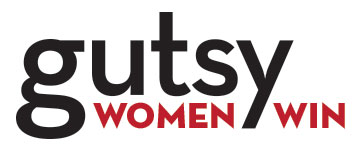To Question or Not to Question…That is the Question.
“If I had an hour to solve a problem and my life depended on the solution, I would spend the first 55 minutes determining the proper question to ask for once I know the proper questions, I could solve the problem in less than five minutes.” - Albert Einstein
 In the work I do helping leaders learn more about conversational intelligence, I frequently get the question “Won’t asking questions at meetings make me look as if I don’t know what’s being discussed and make me look stupid?”
In the work I do helping leaders learn more about conversational intelligence, I frequently get the question “Won’t asking questions at meetings make me look as if I don’t know what’s being discussed and make me look stupid?”
I always thought asking questions is a really smart thing to do. Better to know the direction than to remain ignorant because of a fear that held you back from asking. We use questions all the time – every day with little to no thought in how we phrase them.
I’m currently working on a certification from Lee Hecht Harrison in their Elevating Women in Leadership program.
One of the modules on Communicating Strategically has provided me with ways we can ask questions that have an impact on how strategic others perceive us. It’s not about us looking stupid because we don’t know the answers, it’s about us looking brilliant because we’re asking questions in a strategic way. Here are three types of questions you can consider to demonstrate that strategic breadth.
- Connection Questions: These questions show that you understand the link between things. Connection questions serve to bring attention back to the core purpose of the conversation. Sometimes we get so engrained in defending our or others ideas we forget about what we are actually trying to solve. For example ask:
- “How might this connect to what (insert person, project, business line, competitor) is doing around this?
- “What outcomes are we trying to achieve?”
- “How does this connect to our goals?”
- Impact Questions: These questions are useful in identifying what the consequences of a course of action will have and for identifying what has not yet been thought through. They show you are thinking longer term. Ask:
- “What are the implications of choosing X over Y?”
- “How will this decision influence these stakeholders or our intended outcomes?”
- Tension Questions: These questions show that you understand the complexities and pressures inherent in solving challenging problems. Ask:
- “In your experience, how will we…?”
- “Early indicators suggest... How do we mitigate against…?”
Be sure to provide some context or perspective prior to asking the question. This is how you demonstrate you strategic thinking around the topic.

0 comments
Leave a comment
Please log in or register to post a comment